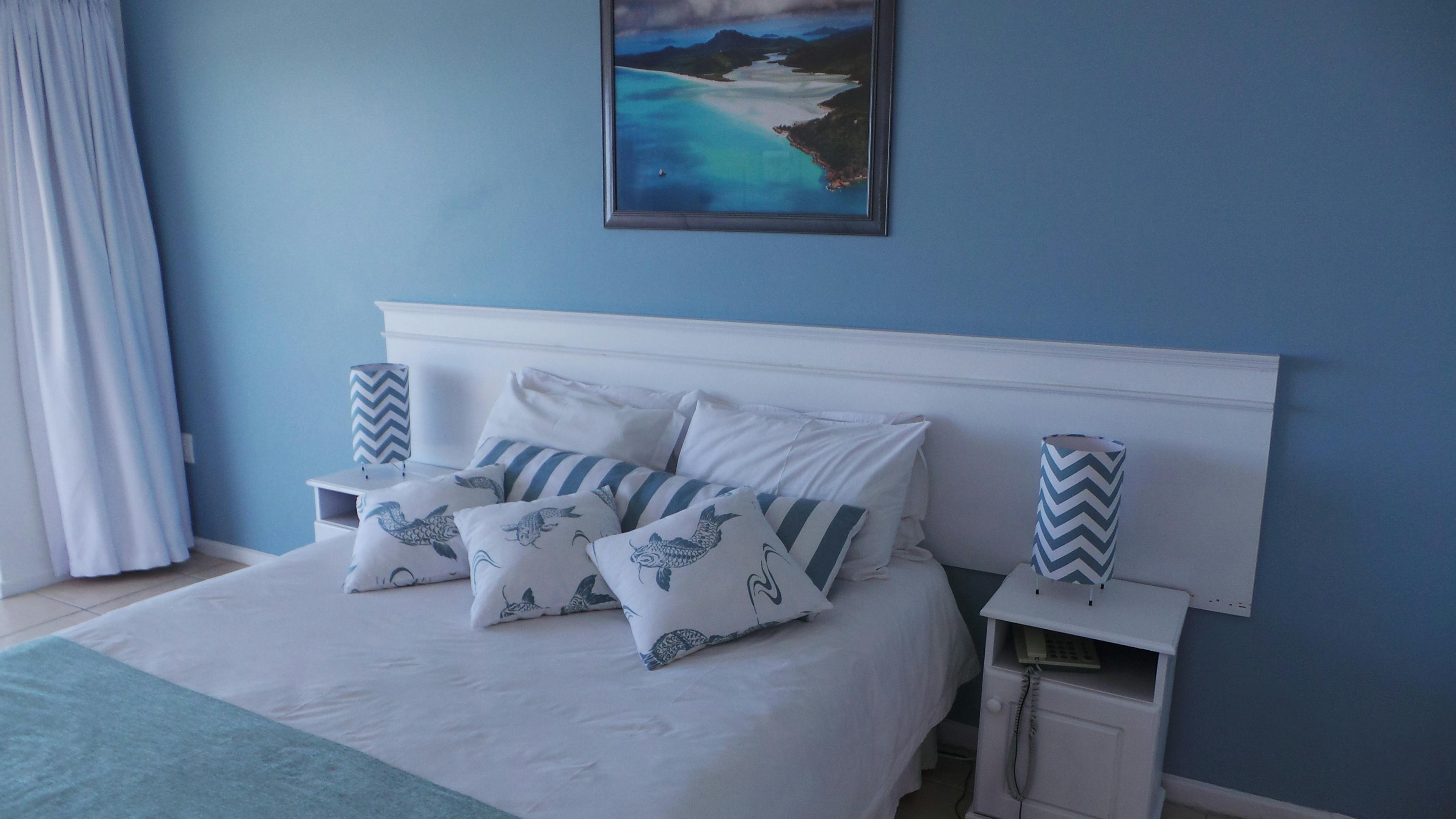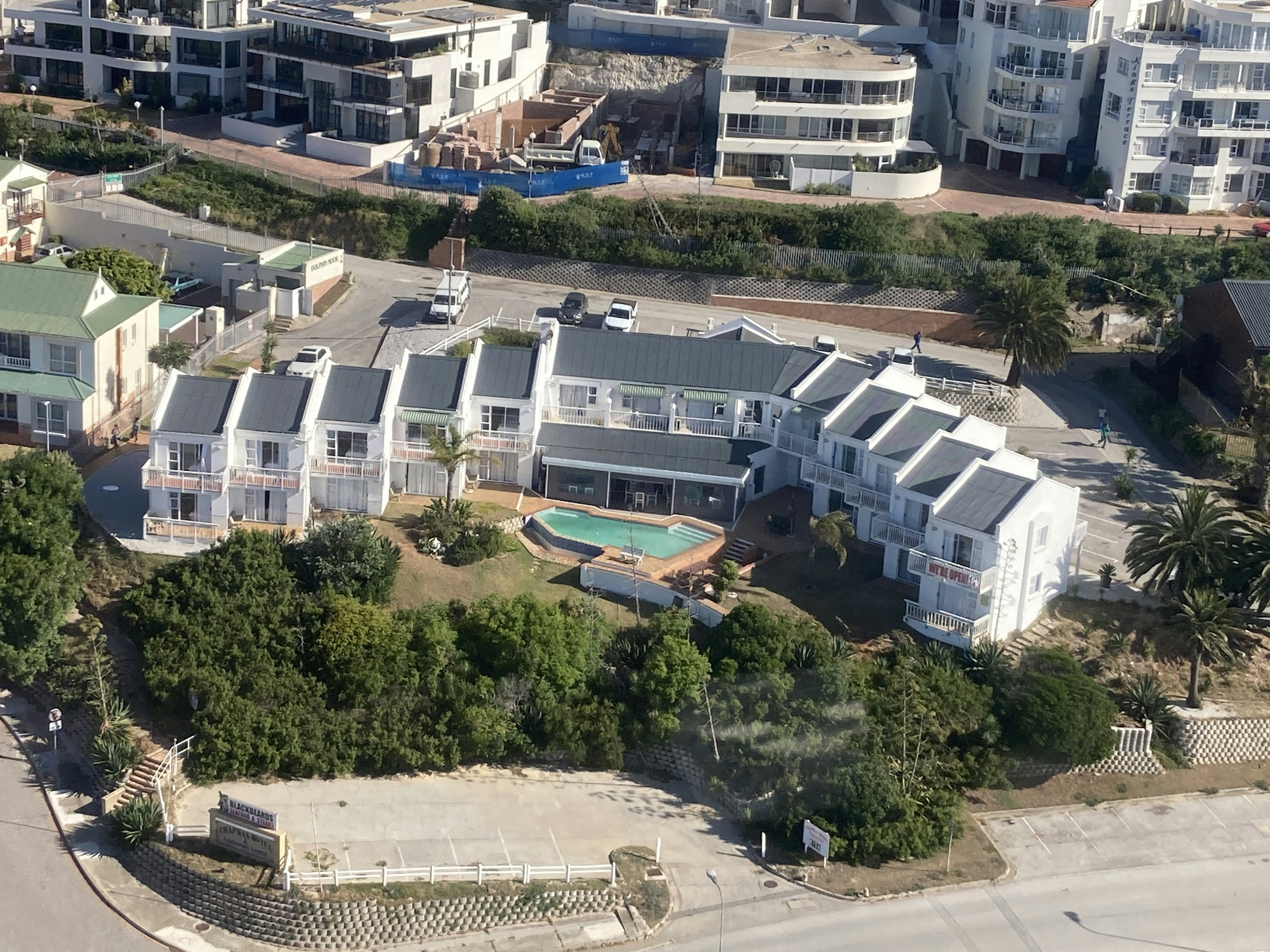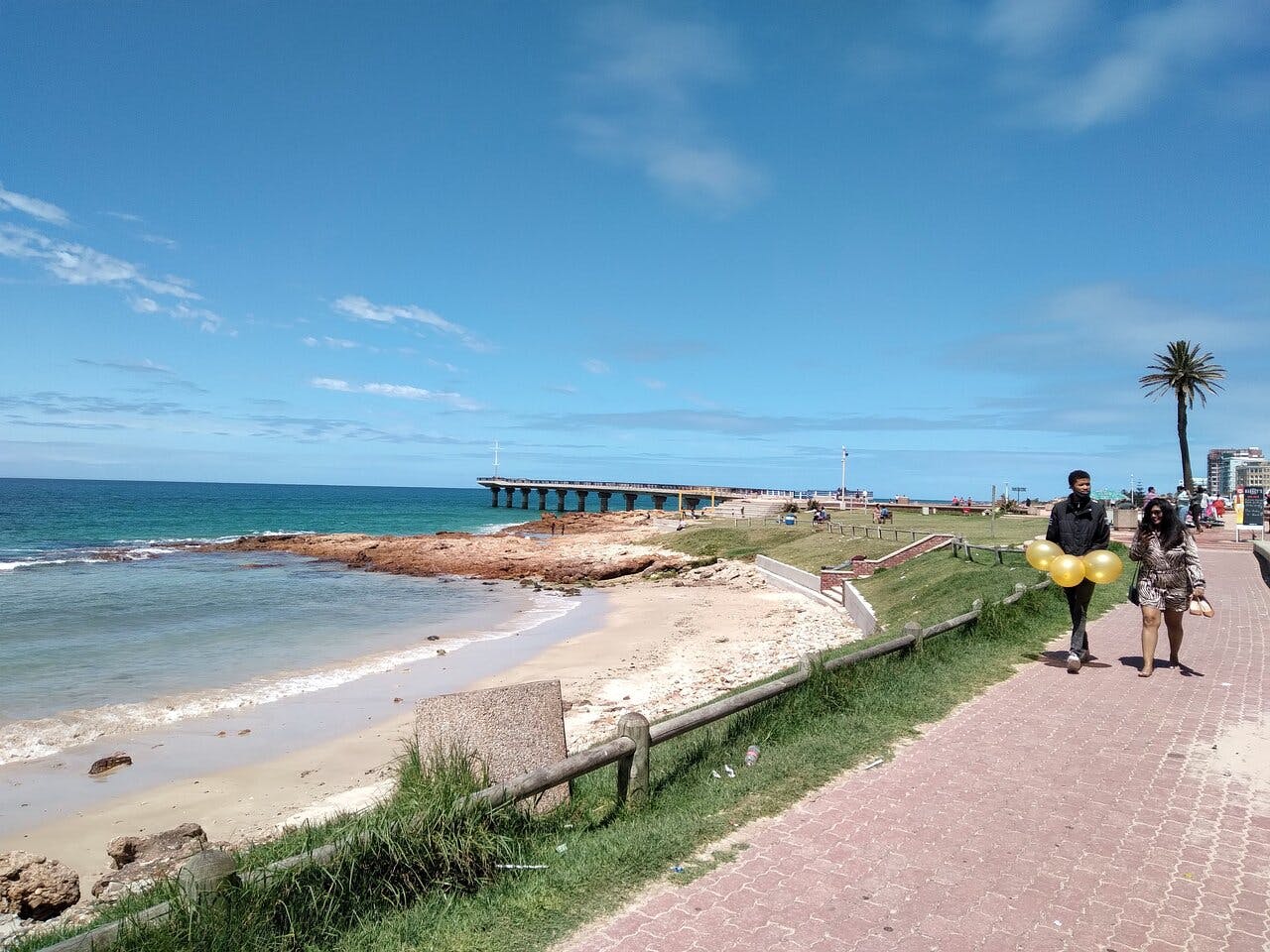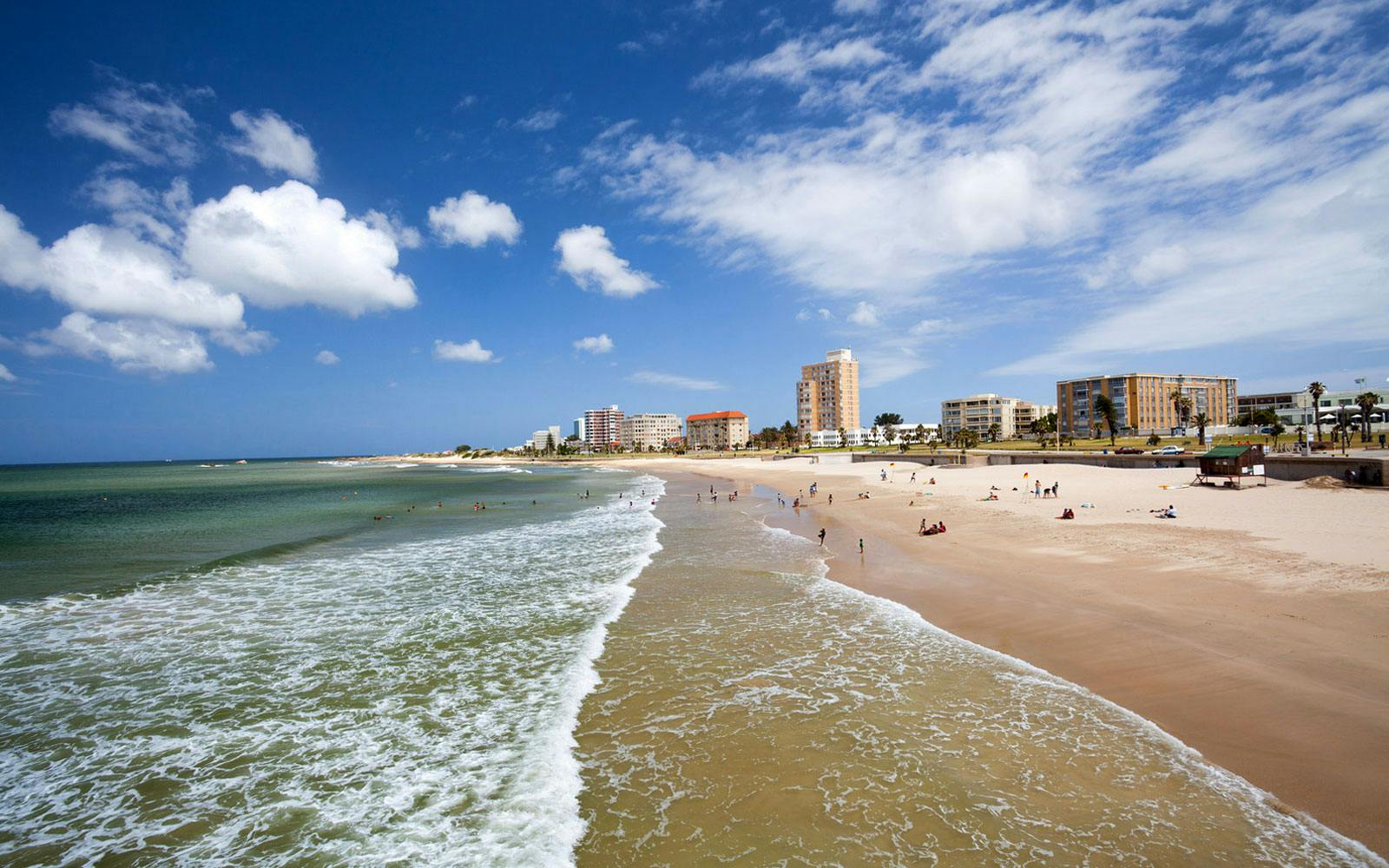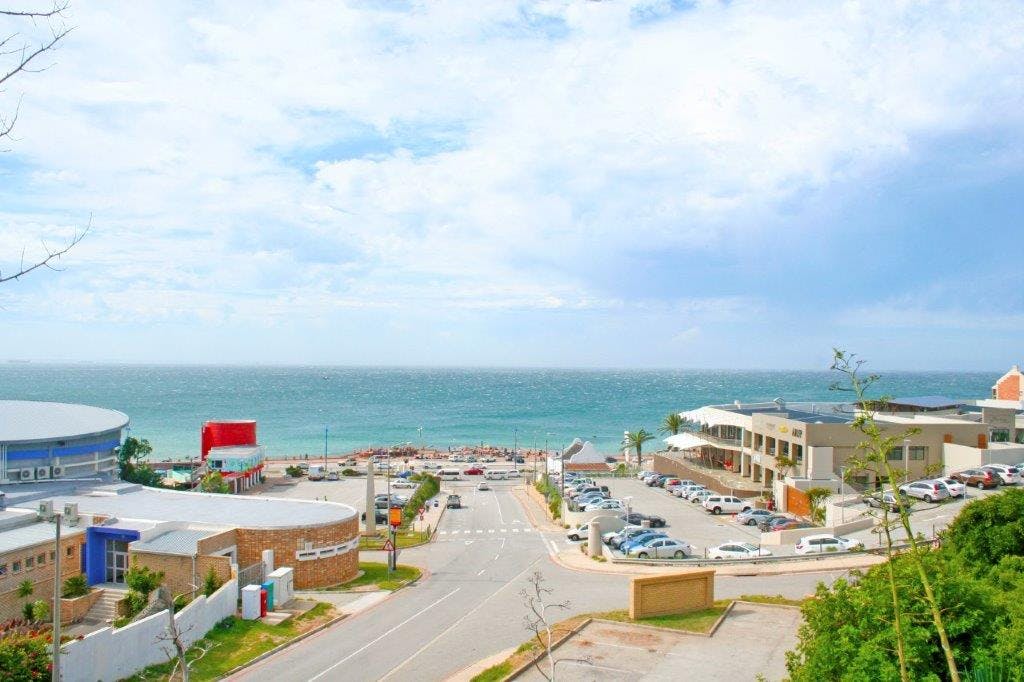Port Elizabeth, the fifth largest city in South Africa, is situated in Algoa Bay on the South Eastern Coast of South Africa, about half-way between Cape Town and Durban. It is South Africa's second oldest city and the commercial capital of the Eastern Cape.
In 1820, 4000 British settlers arrived by sea to become the first permanent British residents of the area. The first of three commercial ships to enter Algoa Bay on the 10th April 1820 was the Chapman. The Chapman Hotel is named after this famous British Settler Ship.
These settlers settled near Grahamstown establishing, what are today, South Africa’s oldest parks, newspapers, hotels, churches and pubs. On 6th June 1820, Sir Rufane Donkin, Acting Governor of the Cape Colony at the time, named the city in memory of his late wife, Elizabeth.
The Anti-Apartheid movement received some of its greatest support in the Eastern Cape and many of South Africa's current political leaders call the Eastern Cape home. Nelson Mandela was born, bred and educated in the Eastern Cape.
During the 19th century, Port Elizabeth grew rapidly. This was helped by the opening of the railway to Kimberley in 1873. Today, the city is home to one of South Africa's major universities, the Nelson Mandela University, as well as being a major African port and a manufacturing centre for automobiles.
Also referred to as 'PE', 'The Friendly City', 'Madiba Bay', 'The Windy City', 'Die Baai' (Afrikaans) and 'Ibhayi' (isiXhosa), Port Elizabeth forms part of the Nelson Mandela Municipality, which includes Uitenhage, Despatch and Colchester (with a total population of approximately 1.5 million people).
Port Elizabeth is a rapidly developing metro and was a proud host city in the 2010 Soccer World Cup.
Port Elizabeth boasts a moderate subtropical climate all year round, with visitors being able to enjoy beautiful beaches like King's Beach, Hobie Beach and the Blue Flag Humewood Beach. Summers are warm with relatively low humidity, while winters are cool but mild.
Port Elizabeth is now called Gqeberha, it was officially renamed on the 23rd of February 2021. Gqeberha was the isiXhosa name for Walmer Township, one of the first and oldest Port Elizabeth townships, it was also the isiXhosa name for the Baakens River that flows right through the city.
